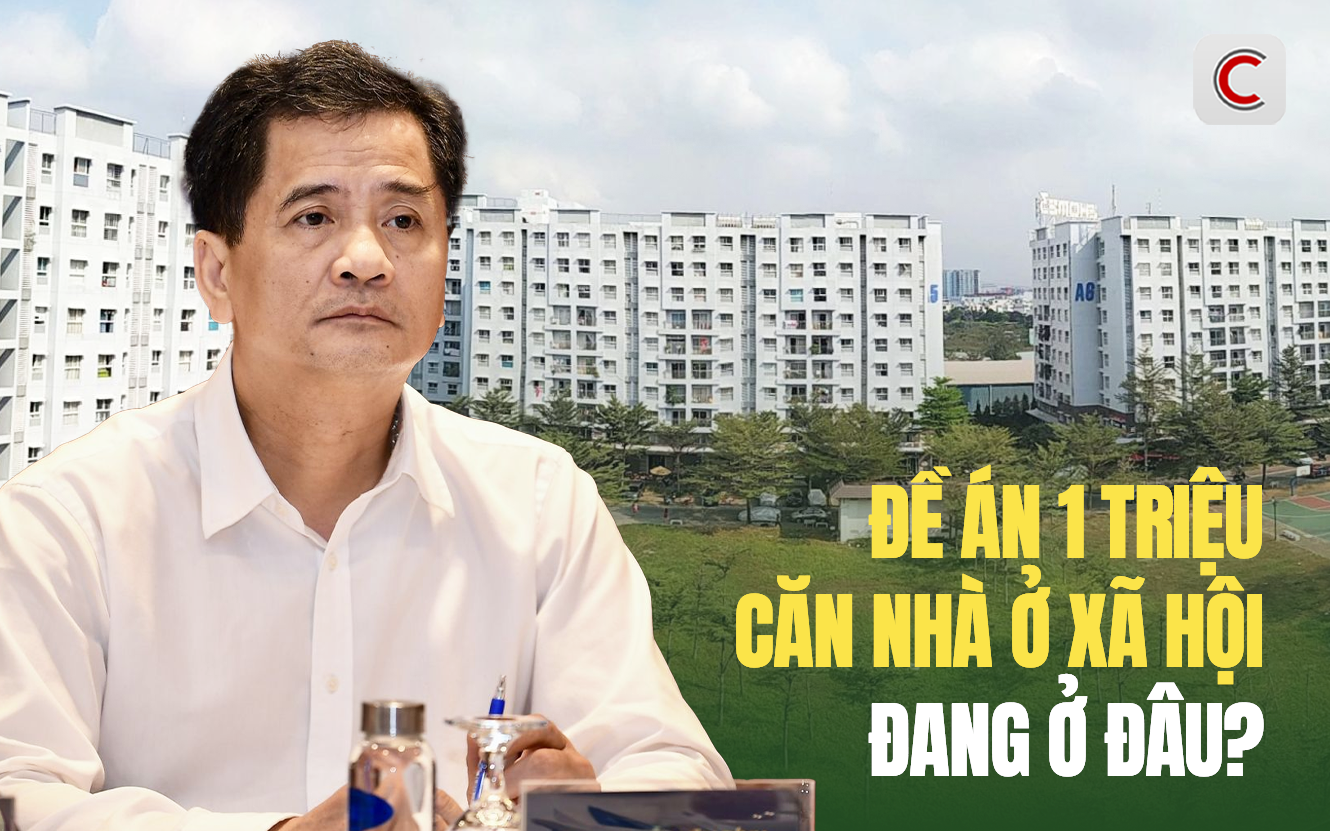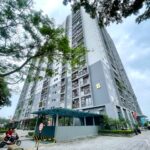While the project to build at least one million social housing units for low-income earners and industrial park workers during 2021–2030 has made some positive strides, the Vietnam Real Estate Brokers Association (VARS) notes that implementation challenges persist, leaving the goal far from realization.
Firstly, land remains scarce, with many localities failing to allocate it efficiently or lacking the infrastructure to proceed. Developers often have to procure land and clear it themselves, increasing costs and reducing investment appeal. There is a lack of mechanisms to attract private land.
Secondly, investment procedures and developer selection are complex, without priority mechanisms, streamlined processes, or appropriate direct awards. Low profits deter enterprise participation.
Thirdly, capital sources are unstable, relying mostly on self-finance and bank credit with high-interest rates and short terms. There is a lack of medium and long-term capital from the budget or development funds.
Additionally, localities lack support mechanisms, failing to include social housing development targets in their plans and struggling with the implementation of the 20% commercial project land fund. Other challenges include fluctuating material prices and rising labor and consulting costs.
Notably, there is a lack of clarity in identifying beneficiaries; many workers have a demand for social housing but do not meet the criteria regarding household registration, income, or self-finance. While the 2023 Housing Law has made adjustments, it still falls short of practical applicability, lacking policies for seasonal workers and severely limited rental products.

To address these issues, VARS suggests clarifying the roles of the state, localities, and enterprises. Localities should take the lead in ensuring housing for workers and policy beneficiaries, with enterprises as the executing force, facilitated by favorable land, procedural, and capital conditions.
Regarding land, localities should engage in transparent planning, incorporating it into housing development plans and employing mechanisms like BT and PPP or land-for-infrastructure swaps to procure clean land. Enterprises with available land should be encouraged to participate through incentives in changing land use purposes and financial obligations.
Procedurally, there is a need to streamline processes, permit transparent direct awards, reduce investor selection criteria, and implement post-inspections to avoid redundancy and lengthy approval times.
In terms of capital, VARS proposes establishing a social housing development fund from the budget, land funds, and enterprise contributions, alongside developing real estate investment trusts and offering preferential credit policies with low-interest rates and extended terms for both enterprises and homebuyers.
Localities should proactively issue practical support policies, develop rental models, accurately identify target groups, and tighten inspection and handling of violations. Output policies should focus on transparent and simplified procedures for beneficiary identification, supporting rent-to-own schemes, and establishing a national database to ensure fairness and transparency in accessing social housing.
“Developing social housing cannot rely solely on the efforts of a few enterprises or remain a mere goal in planning documents. It demands a comprehensive, long-term strategy with effective enforcement from governmental levels. To address lingering concerns, a new mindset in management and governance is necessary: viewing social housing development as a mandatory task in each locality’s socio-economic development strategy and a leading responsibility of the state, rather than leaving it to market mechanisms,” shared Dr. Nguyen Van Dinh, Chairman of VARS.
A Homebuyer’s Nightmare: From Waiting in Vain to Falling Prey to Scammers
After a long wait, several social housing projects in Hanoi have finally commenced. Though these projects are not yet officially on the market, thousands of prospective buyers are already lining up to submit their applications. The process of applying for these much-needed homes is a challenging journey, with many resorting to paying extra fees to agents or “middlemen” to facilitate their applications.
Purchasing Affordable Housing: From the Agonizing Wait to the Scourge of Property Scalpers
After a long wait, several social housing projects in Hanoi have finally commenced. Though these projects are not yet officially on the market, thousands of people have already lined up to submit their applications, enduring a tedious and challenging process. Some have even resorted to paying extra fees to agents or “middlemen” to handle their applications.
Unveiling Hanoi’s Vision: A Myriad of Residential Projects and Urban Developments in Thanh Tri District
The Hanoi People’s Committee has given the green light to 27 new projects in Thanh Tri district, with a key focus on residential and urban development. Among these projects are the new C3-1 urban area in Dai Ang commune, a modern urban area in Lien Ninh commune, and the Tan Trieu social housing complex. These developments are set to transform the region, offering a host of new opportunities and an enhanced standard of living for its residents.
Aspiring to Accommodate: Ho Chi Minh City’s Ambitious Social Housing Goal of 94,000 Homes in Five Years.
The Ho Chi Minh City People’s Committee has proposed a plan to develop 94,000 social housing units by 2030. This ambitious target, outlined in a recent report to the Ministry of Construction, aims to fulfill the Prime Minister’s mandate of providing 100,000 social housing units in the city.





















